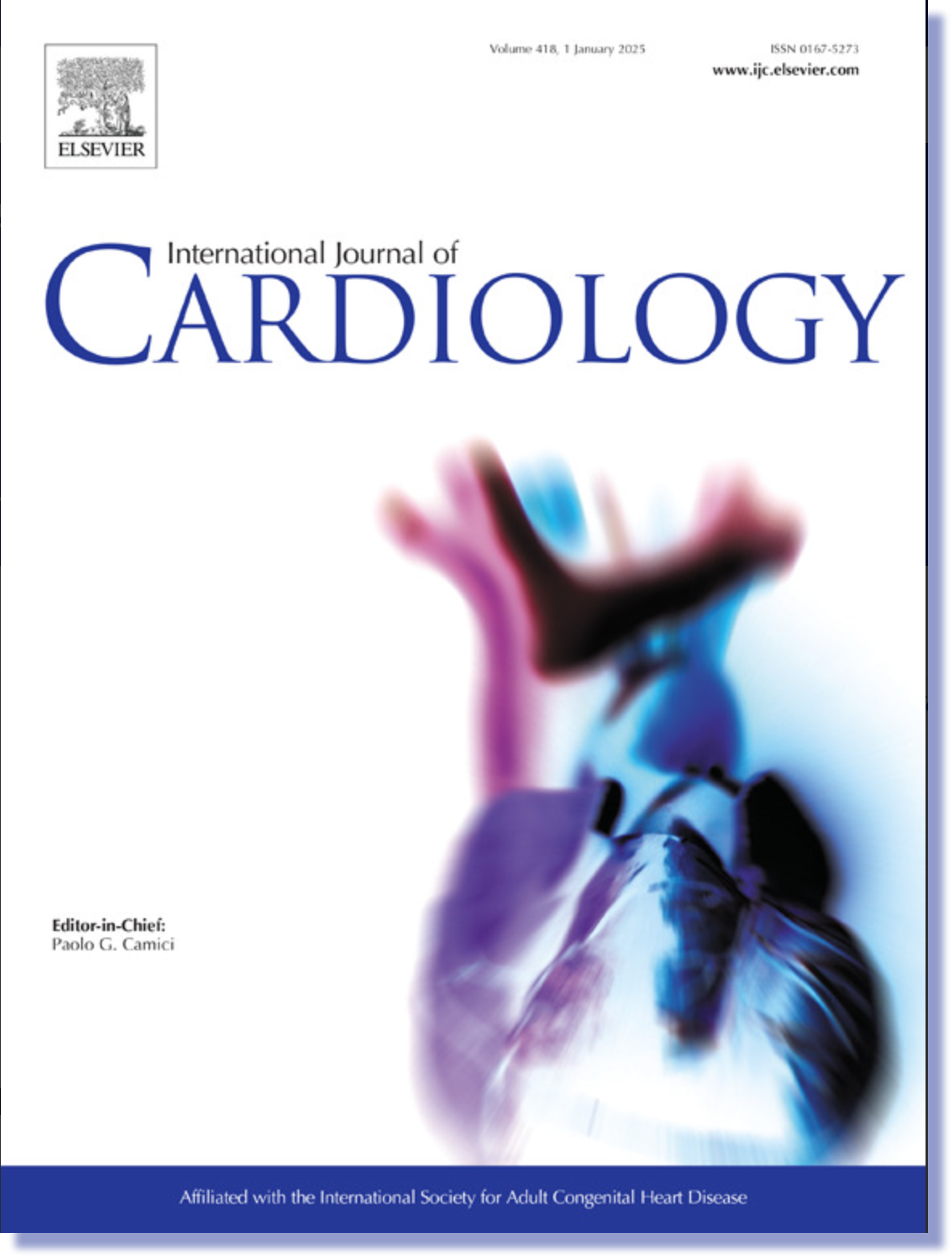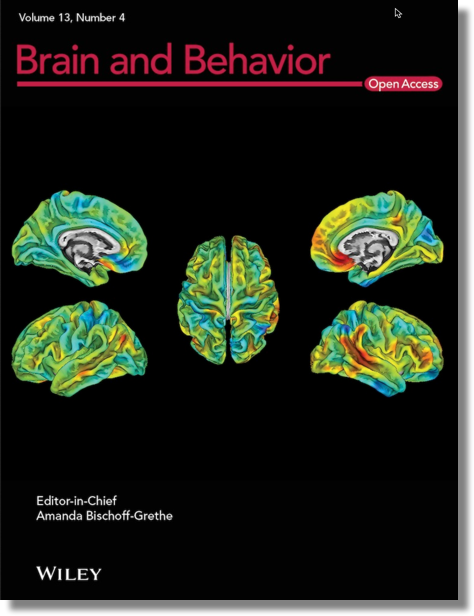FUNCTIONAL MEDICINE BLOG
Includes over 800 monographs reporting on emerging studies in the medical and scientific literature of practical clinical importance, easily searched for content.

The Triglyceride–Glucose Index is a powerful biomarker for cardiovascular disease, depression, dementia, cancer and much more
The TyG Index an important biomarker associated with insulin resistance, is a powerful predictor of risk for cardiovascular disease, depression, cancer, and much more.

Unresolved PTSD promotes adverse cardiovascular and brain effects
PTSD is associated with a 50% to 60% increased risk of incident CVD and elevated stroke and dementia risk.

Phototherapy and photobiomodulation can improve cognitive function in dementia
After 15 years of follow-up, prostate cancer–specific mortality was low regardless whether the treatment assigned was active monitoring, surgery, or radiotherapy. Transperineal prostate biopsy is superior to transrectal.
Alzheimer's disease and blood-brain barrier leakage
Patients with early Alzheimer's disease have significantly more tissue characterized by blood-brain barrier leakage than do healthy control subjects...BBB leakage may help to provide a biomarker for early diagnosis, or at least a marker indicating vulnerability for the development of dementia.
Depression, inflammation and light therapy
Research shows relief from depression by combining management of inflammation with bright light and chronotherapy to correct circadian dysregulation.
Saliva cortisol associated with brain volume, cognitive function
A study recently published in the journal Neurology shows that measurements of salivary cortisol can be an indicator for cognitive impairment and loss of brain volume.
Migraine, depression, Alzheimer's and lipid metabolism
"Taken together, our findings suggest it is possible that migraine is a neurologic disorder of 'minor' sphingolipid dysmetabolism..."
Blood pressure forced too low and cognitive impairment
Low daytime systolic blood pressure was independently associated with a greater progression of cognitive decline in older patients with dementia and MCI among those treated with AHDs. Excessive SBP lowering may be harmful for older patients with cognitive impairment.
Benzodiazepines associated with increased Alzheimer's risk
Benzodiazepines are well known to be deleterious to brain health with more than very short-term use. Research just published in BMJ (British Medical Journal) presents evidence that the use of benzodiazepines to treat anxiety or insomnia is associated with a substantial increase in the risk of Alzheimer's disease.
Nigella sativa, a true 'wonder medicine'?
Nigella sativa, also known as black cumin, produces seeds with a mind-boggling wealth of medicinal virtues. For colleagues and others who may not be familiar with the abundance of scientific evidence for the use of Nigella sativa seed extract in clinical practice, this selection of citations serves as an introduction to its wide range of indications.
Thyroid in heart, metabolism, brain, kidney; vital importance of T3
Thyroid disorders have widespread impact and although subclinical hypothyroidism and low triiodothyronine (T3) syndrome are common they are frequently overlooked in practice.
Benzodiazepines and anxiolytics increase risk for dementia, mortality
Benzodiazepines increase risk for dementia; benzodiazepines, anxiolytics and Z drugs such as Ambien increase risk for mortality. Along the way they can cause morbidities that are harder to treat.
Cognitive impairment associated with low but still 'normal' TSH
A study just published JCEM (The Journal of Clinical Endocrinology & Metabolism) offers evidence that TSH (thyroid stimulating hormone) levels when low but still 'normal' are associated with cognitive impairment and dementia.
Cognitive decline: major overlooked causes
Cognitive decline is fueled by that have not received adequate attention but have great practical, clinical significance.
Alzheimer's disease increased in women by common psychosocial stressors
As study just published in BMJ Open (British Medical Journal) identifies common psychosocial stress as a significant contributor to the development of Alzheimer's disease and other kinds of dementia.
